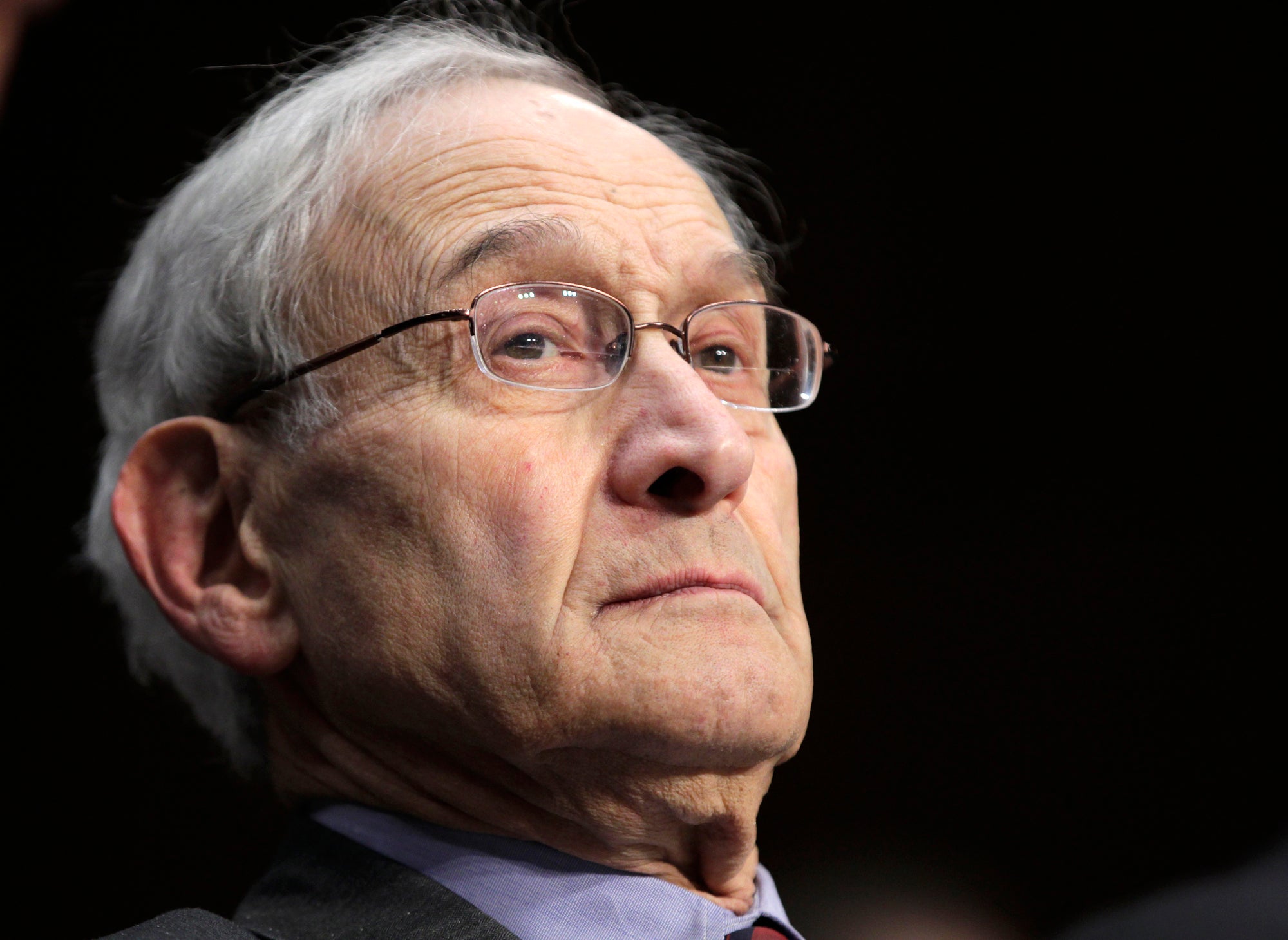Charles Fried, former US solicitor general and Harvard law professor, has died
Charles Fried, a former U.S. solicitor general and conservative legal scholar who taught at Harvard Law School for decades, has died

Your support helps us to tell the story
From reproductive rights to climate change to Big Tech, The Independent is on the ground when the story is developing. Whether it's investigating the financials of Elon Musk's pro-Trump PAC or producing our latest documentary, 'The A Word', which shines a light on the American women fighting for reproductive rights, we know how important it is to parse out the facts from the messaging.
At such a critical moment in US history, we need reporters on the ground. Your donation allows us to keep sending journalists to speak to both sides of the story.
The Independent is trusted by Americans across the entire political spectrum. And unlike many other quality news outlets, we choose not to lock Americans out of our reporting and analysis with paywalls. We believe quality journalism should be available to everyone, paid for by those who can afford it.
Your support makes all the difference.Charles Fried, a former U.S. solicitor general and conservative legal scholar who taught at Harvard Law School for decades, has died, the university said. He was 88.
Fried, who died Tuesday, joined the Harvard faculty in 1961 would go on to teach thousands of students in areas such as First Amendment and contract law.
He was President Ronald Reagan’s solicitor general from 1985 to 1989 and was an associate justice of the Supreme Judicial Court of Massachusetts from 1995 to 1999. Fried argued many important cases in state and federal courts, according to Harvard, including Daubert v. Merrell Dow Pharmaceuticals, in which the U.S. Supreme Court set standards for allowing scientific expert testimony in federal courts.
“Charles was a great lawyer, who brought the discipline of philosophy to bear on the hardest legal problems, while always keeping in view that law must do the important work of ordering our society and structuring the way we solve problems and make progress in a constitutional democracy,” Harvard Law School Dean John Manning said in a message to law school faculty, calling him an “extraordinary human who never stopped trying new things, charting new paths, and bringing along others with him.”
“Charles loved teaching students and did so with enthusiasm and generosity until just last semester,” he continued. "What made him such a great teacher — and scholar and colleague and public servant — was that he never tired of learning."
Laurence Tribe, the Carl M. Loeb University Professor Emeritus at Harvard, said he would always “treasure the memory of our friendship.”
“Charles had a towering intellect, an open and inquiring mind, and a huge heart, the rarest and most wonderful mix of talents and dispositions,” Tribe wrote in an email. “As a colleague and friend for half a century, I can attest to how uniquely beloved he was by students and faculty alike. In each of his many legal and academic roles, he left behind a legacy that will inspire generations to come.”
Benjamin Pontz, president of the Harvard Federalist Society, paid tribute to Fried. The Federalist Society has no partisan affiliation and takes no position in election campaigns, but it is closely aligned with Republican priorities.
“To me, Charles Fried embodied the summum bonum of academic life. He was a polymath, and he was a patriot,” he wrote on the Federalist Society website. “I’ll remember his commitment to decorum, to debate, and to dessert ... I hope you’ll take some time to reflect on his commitment to the Harvard Federalist Society and to students at Harvard Law School, which he held to the very end.”
Though conservative, Fried was also remembered for his openness. Tribe recalled how Fried argued “as Solicitor General for the overruling of Roe v Wade — but then having written an opinion piece arguing the other way a couple years ago.”
Fried also voted for Hillary Clinton in 2016, calling Donald Trump “a mean and vindictive bully, striking out in the crudest ways” in an opinion piece before the election that was published in The Boston Globe. More recently, he defended former Harvard President Claudine Gay in a December opinion piece in The Harvard Crimson following her much-maligned congressional testimony about antisemitism on campus. Gay would later resign following the backlash over that testimony and allegations of plagiarism.